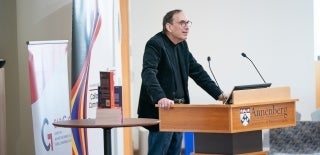
Joseph Turow: A Career Immersed in Research of Audiences
During the five decades of his academic career, Annenberg professor Joseph Turow has tackled many topics related to advertiser-sponsored media industries.
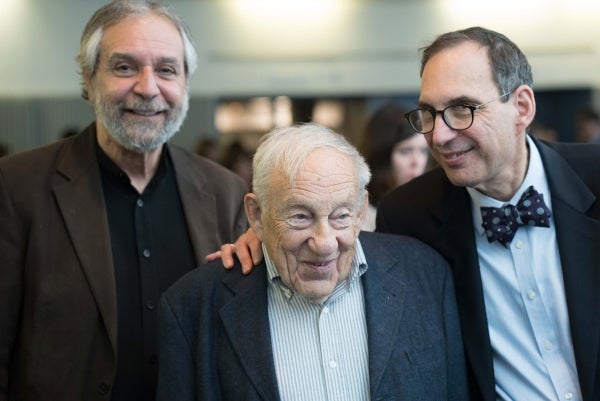
He has written about TV’s doctor dramas, explored the rise and social implications of target marketing; scrutinized the customer tracking practices in online and physical stores; probed biometric issues related to smart speakers; and investigated Americans’ “digital resignation” regarding marketers’ use of data about them. His latest project is a historical exploration of sellers’ “technologies of social division,” from peddlers’ community maps to ad agencies’ forays into predictive and generative artificial intelligence.
Turow has authored 12 books, edited five, and written over 160 articles on media industries. In 2005, The New York Times referred to him as “probably the reigning academic expert on media fragmentation.” His books have been translated into Chinese, Spanish, Korean, and Serbian.
“When it comes to privacy and advertising, Joe is one of the foremost scholars in the field,” said Sarah Banet-Weiser, Walter H. Annenberg Dean of the Annenberg School. “His groundbreaking research has helped us to understand the power dynamics in marketing and digital media and how these industries shape and influence public perception.”
The Early Years
Turow’s love for studying media industries started early. His parents, both Holocaust survivors, did not speak English to each other or their friends. Turow, however, became strongly interested in English literature and writing. In high school, he subscribed to Advertising Age and scoured the Brooklyn Public Library for books about the ad industry. His parents preferred a law career for him, but Turow was drawn to a future in writing advertisements.
“What started my work in this field was looking into the advertising industry while thinking about audiences, not commercials...”
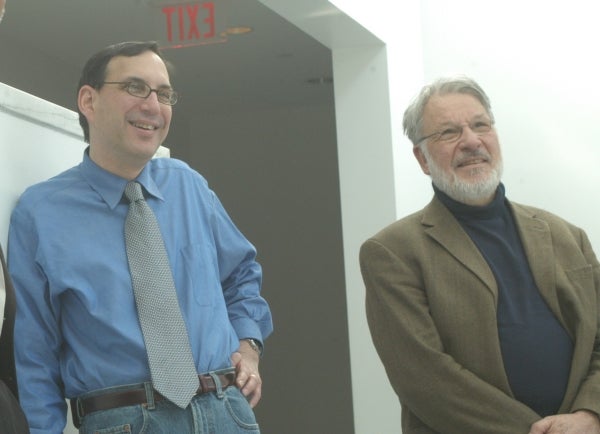
He changed his mind about a copywriting career while a Penn undergraduate English major. He went on to do a master’s at Annenberg and then a Ph.D. at Annenberg. His advisor was George Gerbner, famous for exploring the social implications of television violence. He also worked with and was deeply influenced by Professor Robert Lewis Shayon, a groundbreaking radio writer-producer and television critic.
After receiving his Ph.D., Turow spent 10 years at Purdue University, developing inter-organizational theories of media institutions and conducting several research projects in Hollywood. Many articles and three books came out of his Purdue years. While there, he began writing Playing Doctor: Television, Storytelling, and Medical Power, published by Oxford University Press in 1989. Twenty years later, the University of Michigan Press approached Turow about updating the book, and an expanded edition was published in 2011.
An Interest in Advertising
Turow’s return to Annenberg in 1986 coincided with the start of his research on advertising. His book Breaking Up America (Chicago, 1996) is about the rise of target marketing and advertisers’ exploitation of consumer differences in income, age, gender, race, marital status, ethnicity, and lifestyle. Over the following decades, MIT Press and Yale University Press published five more books by Turow that explore the social implications of new marketing and advertising technologies.
“His groundbreaking research has helped us to understand the power dynamics in marketing and digital media and how these industries shape and influence public perception.”
From 1999 to 2006, he collaborated with Kathleen Hall Jamieson at the Annenberg Public Policy Center (APPC). During his time at APPC, Turow convened three internationally attended conferences: on the implications of new technologies for the home, the social meaning of the hyperlink, and issues regarding copyright and fair use in academia. The first two resulted in edited books. The third led to greater freedom for academics’ use of copyrighted material.
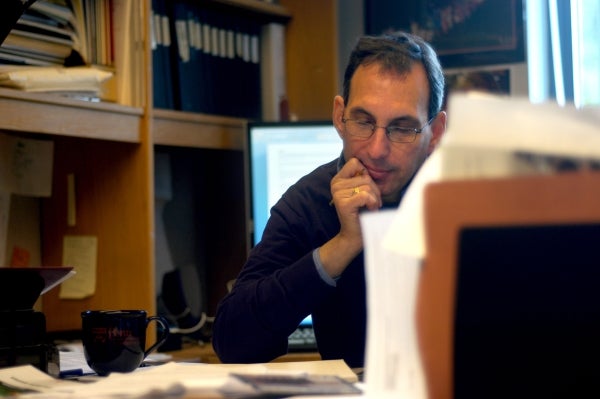
He also conducted the first four of 10 national surveys on Americans’ understanding of and attitudes toward marketers’ use of data about them. Carried out with graduate students, colleagues, and APPC statistician Michael Hennessy, from 1999 to 2023, nine of the surveys yielded full-length New York Times articles.
For 10 years, Turow served as Associate Dean for Graduate Studies. Early on, he worked with staff to transform the admissions process from an unwieldy paper-based evaluation activity to a digital online process.
In addition to his research, academic talks, and public outreach (including Times op-ed essays, presentations to Congressional Committees, and involvement in privacy- oriented class action lawsuits), Turow has brought his interests in media industries to his graduate and undergraduate teaching. He has taught his undergraduate survey course on media industries and society every year since 1974, with the exception of three sabbatical years. His textbook for the course, Media Today, now in its 8th edition, is used in many colleges and universities.
Turow has mentored many students over the years. One, Lee McGuigan (Ph.D., '18), is now an assistant professor at the University of North Carolina’s Hussman School. He notes that Turow was extremely helpful with his dissertation and the book that came out of it. “Joe’s work is a touchstone for anyone doing critical research on advertising, marketing, and media industries, so he’s had an incredibly broad influence on the field,” said McGuigan. “But his personal mentorship of students is notable for its depth. . . .I spent hours in his office chewing on ideas (some more palatable than others), and we’ve resumed that rumination many times in the years since I left Penn. The flavors still vary.”
The Next Chapter
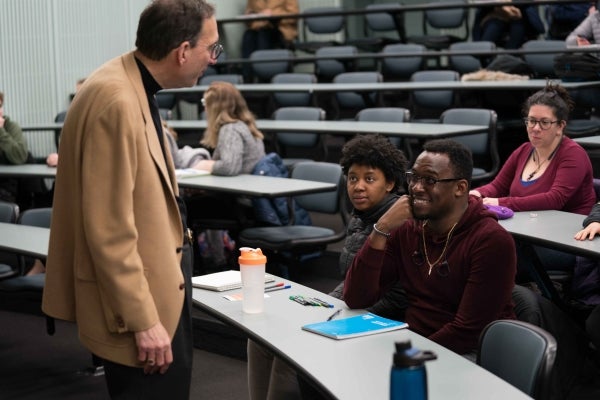
Asked to reflect on how Annenberg has changed during his 47-year association with the school, Turow is direct. “Annenberg has come a long way since I started here as a student,” he said. “We have become stronger and stronger over the decades.” He added that Annenberg is a powerhouse in the field of Communication and beyond that researches cutting-edge topics and attracts the best in the field.
As Turow gets ready to retire in July 2025, Dean Banet-Weiser notes that he is an integral part of the Annenberg community. "His presence will continue to be felt, even as he enjoys his much-deserved retirement."
Turow sums it up this way: “I am extremely grateful to have had this chance to teach and learn at Annenberg for most of my academic life.”
